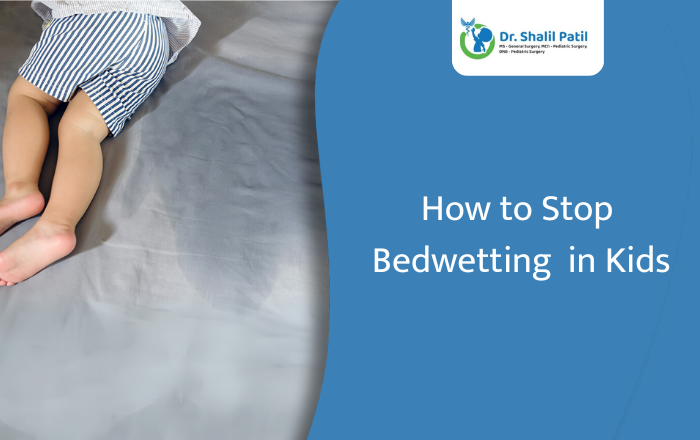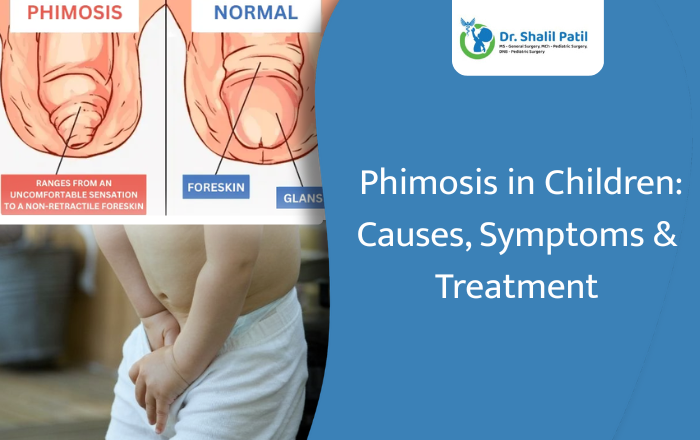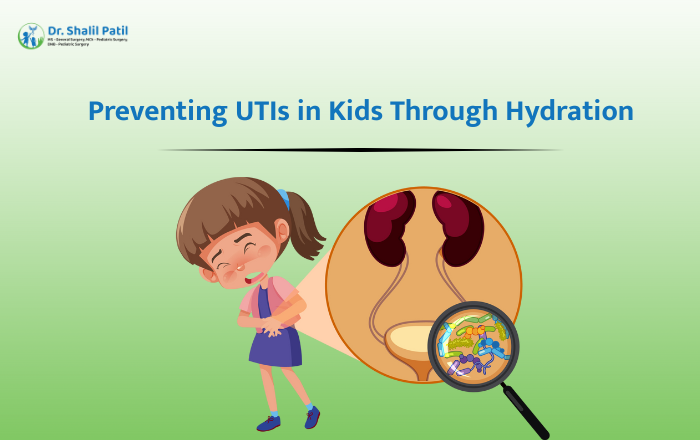If you’re looking for the fastest way to cure bedwetting in children, chances are you’re tired—physically and emotionally. Your child may feel ashamed, you’re doing extra laundry at 2 a.m., and Google search history is full of desperate questions.
Here’s the good news: Bedwetting (also called nocturnal enuresis) is common. You’re not doing anything wrong. And in most cases, there is a way forward.
In this blog, we’ll walk you through what causes it, what you can do at home starting tonight, and when it’s time to get help. No fluff, just facts and realistic tips that actually work.
What Causes Bedwetting in Children?
It’s Not Just “Laziness”—Here’s What’s Really Happening
Let’s clear something up: bedwetting isn’t about laziness or bad behavior. It usually comes down to a few biological and developmental factors:
- Bladder is still developing – Some kids’ bladders just aren’t mature enough to hold urine all night.
- Brain and bladder aren’t in sync yet – The brain may not be waking the child up when the bladder is full.
- Hormonal delays – A hormone called ADH helps reduce urine at night. Some kids don’t produce enough of it yet.
- Family history – If you or your partner wet the bed as kids, your child is more likely to as well.
- Constipation – A full bowel can press on the bladder and cause leaks.
Can Stress or Diet Make It Worse?
Yes, both can play a role.
- Stress – Big life changes (like starting school or a new sibling) can trigger or worsen bedwetting.
- Diet – Caffeine (in soda, chocolate), spicy foods, citrus, and sugary drinks can irritate the bladder.
Fastest Ways to Treat Bedwetting — What Actually Works
1. Build a Simple Bedtime Routine
A calm, predictable bedtime makes a big difference. Try this:
Stop drinks at least 1 to 1.5 hours before bed
Make sure they pee twice before sleeping (once after brushing teeth)
Keep lights low and avoid screens right before sleep
2. Try a Bedwetting Alarm
These small devices attach to your child’s underwear and beep or vibrate when they start to wet. Over time, it trains the brain to wake up before the bladder releases urine.
It’s not a quick fix—it takes a few weeks to start working—but it’s one of the most effective long-term tools available.
3. Scheduled Night Wake-Ups
Set an alarm and gently wake your child once during the night to use the bathroom. Pick a time about 2–3 hours after they fall asleep.
You can also try lifting them half-awake and guiding them to the toilet without turning on bright lights. Over time, their body may adjust.
4. Medications (If Needed)
If other methods haven’t worked and your child is old enough, doctors sometimes prescribe a medicine called desmopressin. It helps reduce how much urine the body makes at night.
It’s not meant for long-term use but can be useful in certain situations like sleepovers or school trips—or while you work on other methods.
5. Natural and Home Remedies
Some parents see improvements with simple home remedies:
- Bladder training – Encourage your child to hold pee for a little longer during the day (not to the point of discomfort). It can build strength.
- Avoid bladder irritants – Cut back on soda, artificial sweeteners, and citrus juices.
- Warm baths – A warm soak before bed can help relax the muscles and nerves involved.
There’s not a lot of science behind herbal remedies, so be careful. Always check with a doctor before giving your child any herbal supplement.
When Should You See a Child Urology Specialist?
If your child is over 7 and still wetting regularly, or if things suddenly get worse after a dry period, it’s a good idea to check in with a specialist.
Also reach out if you notice:
- Daytime accidents
- Pain or burning during urination
- Blood in urine
- Heavy snoring or restless sleep
Sometimes bedwetting is a sign of something more, like a urinary tract infection, sleep disorder, or constipation that’s been overlooked.
What Not to Do
- Don’t scold or embarrass your child. It won’t stop the bedwetting and can harm their self-esteem.
- Don’t overuse diapers or pull-ups. They’re useful in early stages, but try to move toward active training methods.
- Don’t panic. Most children grow out of it naturally, and help is available when needed.
FAQ
Q: At what age should bedwetting stop?
Many kids stop around ages 5–7. If it continues past 7, it’s worth checking in with a doctor.
Q: Can certain foods make it worse?
Definitely. Caffeine, soda, citrus, and sugary drinks can all irritate the bladder.
Q: Can constipation cause bedwetting?
Yes, a full bowel can press on the bladder and lead to nighttime accidents.
Don’t Wait for It to Fix Itself — Take the Next Step
Bedwetting is frustrating—but it’s also fixable. There’s no magic trick that works overnight, but with the right routine, tools, and if needed, medical advice, things can get better.
If you’ve tried everything and feel stuck, don’t wait it out alone.
Reach out to Dr. Shalil Patil, a trusted Child Urology Specialist in Virar.
He’s worked with many families dealing with the same concerns and can help you figure out what’s really going on and how to move forward with confidence.




